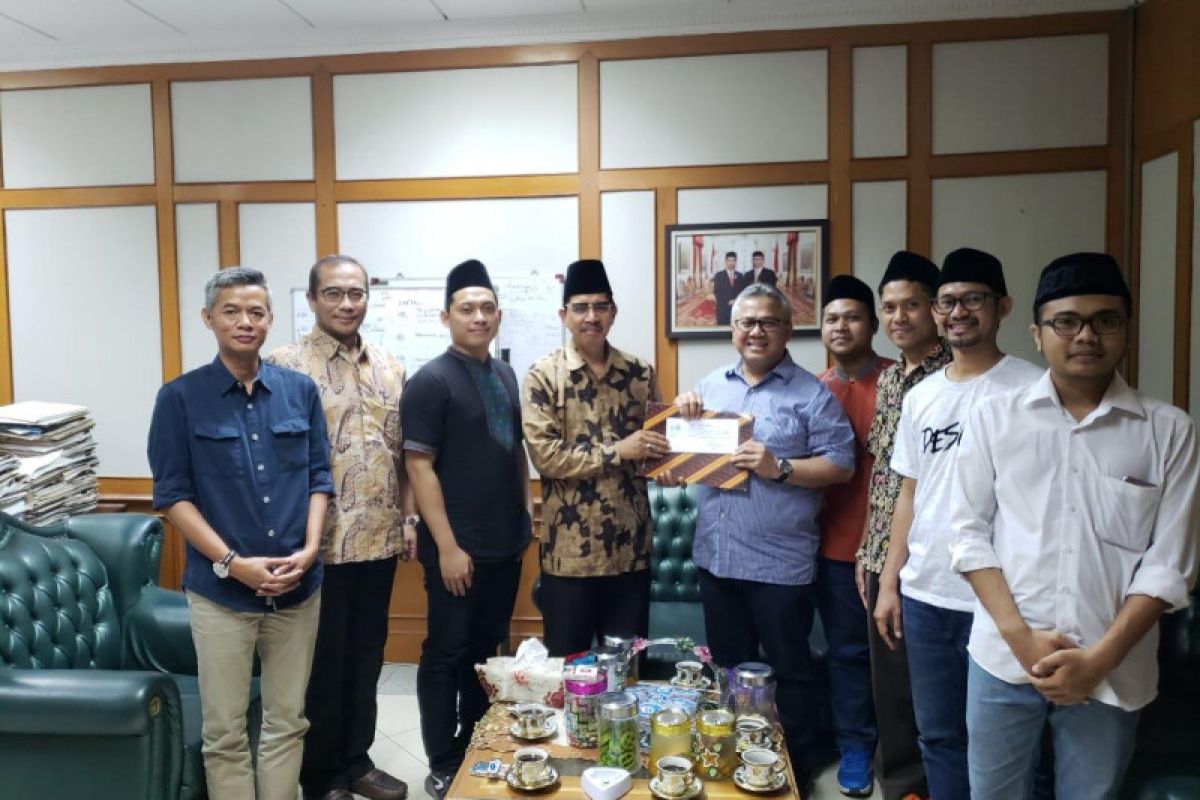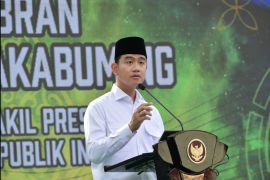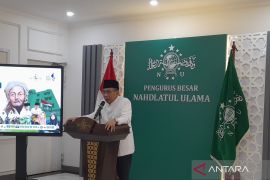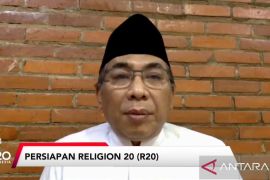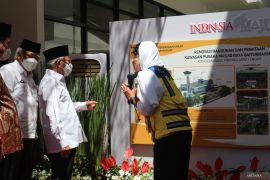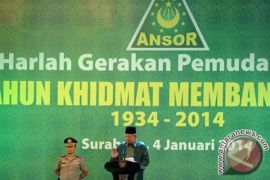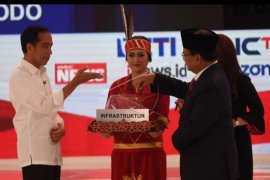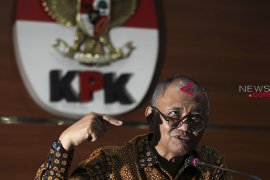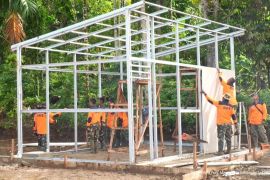Secretary of the NU-Special Chapter in China Su'udut Tasdiq noted in Beijing on Thursday evening that the need for drawing attention to these issues was intended to offer a clear picture to Indonesians of the two presidential candidates' vision on the Indonesia-China bilateral relationship.
"Issues concerning the relations between Indonesia and China can be discussed at greater length during the fourth round of the presidential debate," Tasdiq informed Antara while speaking in response to the current status of both nations' bilateral ties.
Tasdiq believes that the Indonesia-China relations have borne the brunt of what he calls misleading and manipulative information that has the potential to blight bilateral ties and play on the psyche of Indonesian residents in China.
Students constitute a certain segment of the Indonesians residing in China, and the presidential candidates' views on the Indonesia-China relations will offer them a broader understanding and prevent them from being influenced by people with vested interests to highlight China issues to create rifts in society, he explained.
It is apparent that the PCINU in China, an organization with most members being students, has gauged the importance of raising issues pertaining to Indonesia-China relations at the fourth round of the presidential debate, Tasdiq added.
In connection with the 2019 presidential election, the General Election Commission (KPU) has organized five rounds of presidential debates for the Joko Widodo-Ma'ruf Amin and Prabowo Subianto-Sandiaga Uno pairs.
The first and second presidential debates were organized on January 17 and February 17, 2019, respectively, during which the two presidential candidates echoed their views and perspectives on select issues comprising law, corruption, terrorism, environment, and infrastructure.
The third debate, held on Mar 17, put the focus on educational, employment, health, as well as social and cultural issues, while the fourth round, scheduled on Mar 30, will highlight international and ideological issues.
The presidential debates, broadcast live by several television channels, are expected to offer broader insights to some 192 million eligible voters on the capacity and capability of the two pairs.
In light of this information about the candidates, the people can then vote rationally, and regardless of which pair emerges the winner in the upcoming presidential election, Indonesia will bear witness to a new and capable president and vice president. EDITED BY INE
Translator: M.Irfan Ilmie, Rahmad
Editor: Fardah Assegaf
Copyright © ANTARA 2019
